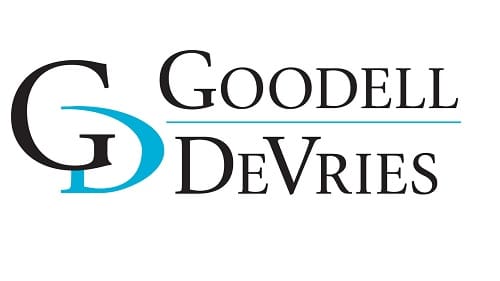
A federal court in Florida has dismissed all claims—without leave to amend—against all generic ranitidine and store-brand manufacturers in the multidistrict litigation over the heartburn medication Zantac and its generic ranitidine equivalents. Having earlier dismissed Plaintiffs’ initial claims with leave to replead a narrow subset, Judge Robin Rosenberg of the United States District Court for the Southern District of Florida has now dismissed all claims without leave to amend on the grounds of federal impossibility pre-emption.
Applying impossibility pre-emption, Judge Rosenberg held that the Supreme Court’s opinions in PLIVA, Inc. v. Mensing, 564 U.S. 604 (2011) and Mutual Pharmaceutical Co. v. Bartlett, 570 U.S. 472 (2013) required the dismissal of claims brought against the generic manufacturers based on negligence, design-defect, and failure-to-warn. Finding that the gravamen of the Plaintiffs’ claims still asked Generics to do the impossible—independently change the product while remaining in compliance with federal law—the Court stated that “Plaintiffs’ attempt to bring narrow claims against the Generic Manufacturer Defendants that fall outside the scope of pre-emption is belied by the pleadings themselves.” The Court held that Plaintiffs’ failure to warn consumers through the FDA claim was likewise pre-empted by the Supreme Court’s opinion in Buckman Co. v. Plaintiffs’ Legal Committee, 531 U.S. 341 (2001). Plaintiffs’ remaining claims also required dismissal as they were controlled by the Court’s pre-emption analysis.
The law firms of Goodell, DeVries, Leech & Dann, LLP, with attorneys Richard Barnes, Kamil Ismail, and Sean Gugerty, and Holland & Knight, with attorneys Thomas Yoo and Amy McVeigh prepared and argued the motion. Mr. Barnes and Mr. Yoo are the co-liaison counsel for the 32 generic manufacturer defendants in the litigation.
Liaison counsel for the Generic Manufacturers, Richard Barnes and Thomas Yoo, stated that they are pleased with the result and the Court’s well-reasoned application of preemption principles. The Court’s Opinion sets forth a bright line that all state court causes of actions against generic manufacturers are subject to dismissal under impossibility preemption where the claims are rooted in design defect and failure to warn. Characterizing pleadings as narrow while alleging a molecule is inherently unsafe due to its design does not avoid conflict preemption.
About Goodell DeVries
Goodell DeVries is a regional law firm with a national presence. From product liability and mass torts to medical malpractice law, complex commercial litigation, insurance, toxic torts, and more, Goodell DeVries’s team of 50 attorneys handles the most complex legal challenges for clients across the country. Our lawyers are ranked among the best in the nation by leading directories, including Chambers, Best Lawyers and Super Lawyers. To learn more, visit www.gdldlaw.com.































































